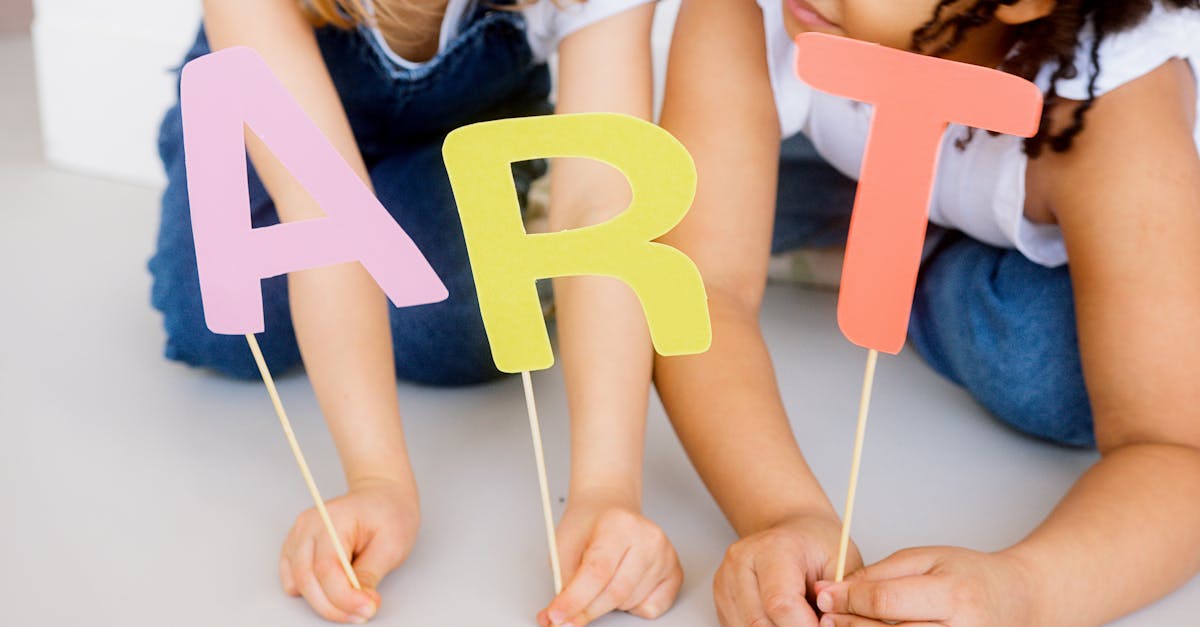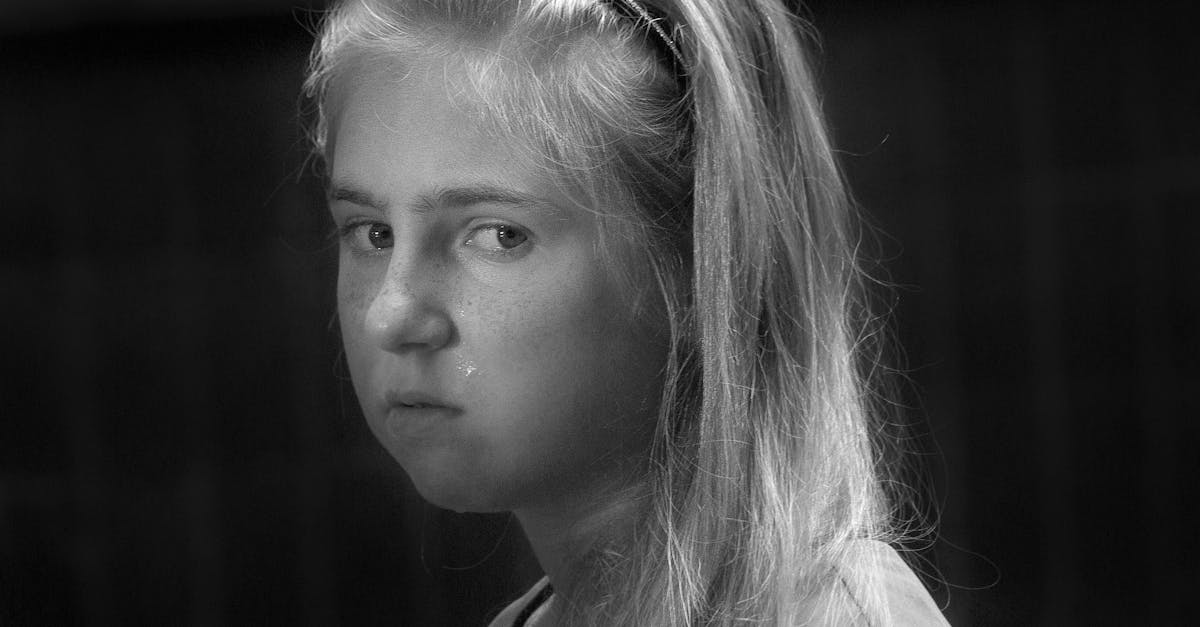Why Forgiveness Matters for Young Minds
Children surprise us, don’t they? With how quickly a tantrum turns into a hug, you’ve probably realized that preschoolers are miraculously forgiving. Teaching them to understand forgiveness in Sabbath School based on the beautiful lessons of Sabbath is crucial. But what’s in it for them?
The Benefits of Understanding Forgiveness
Understanding forgiveness nurtures:
- Emotional Development
- Enhancement of Self-Esteem
- Encouragement of Empathy
These are key traits for life! Making it all about forgiveness encourages a positive learning environment, where lessons are learned in peace.
Forgiveness: A Sweet Concept
Think of forgiveness as a gigantic lollipop of kindness everyone wants a bite of—sweet, sharing, and sometimes sticky! As parents, you’re vital in continuing these teachings at home, helping bridge lessons from Sabbath school into everyday situations.
Building a Community of Kindness
By emphasizing forgiveness, you’re not only following a path of righteousness but also building a community of understanding youngsters ready to sprinkle kindness, just like confetti.
Who doesn’t love some colorful life-flourishing confetti, right? Goodness, in truth, is contagious!

Storytelling: A Fun Way to Teach Forgiveness
Remember when you had a favorite bedtime story? Those magical tales were often embedded with profound lessons. Storytelling offers a timeless method of teaching little ones about forgiveness. Opt for stories that are engaging but geared towards forgiveness themes. Whether biblical or fairytale, stories can captivate a preschooler’s attention, helping them internalize complex emotional concepts like forgiveness effortlessly.
Picture this: A mischievous squirrel, Jemmy, who learns forgiveness with his animal pals after eating all the nuts! Use plush toys or puppets to make it even more vibrant and interactive.
Humor is the golden ticket—add silly sound effects or absurd antics to bring giggles while imparting wisdom. By the story’s end, in a twist of events, let Jemmy be forgiven, emphasizing the beauty in forgiving others.
Encourage your child’s imagination—ask if they could create their own endings. Who knows? Maybe they’ll have Jemmy’s friends forgive him with a nutty fiesta judiciously decorated with forgiving bunting!

Crafts and Activities: Forgiveness in Action
Forgiveness isn’t just an abstract lesson; it’s something children can see, touch, and create. Introduce forgiveness-themed crafts and activities in Sabbath class to bring forward the power of touch and play.
Forgiveness-Themed Crafts
Craft activities—like making a “forgiveness flower”, where each petal shares a forgiveness story—foster children’s understanding. Acting as a storyteller with crafts can provide kids a narrative structure for their own forgiveness tales.
Remember when you poured too much glitter? It led to endless sparkle sectors, and a similar vibe prevails here. Kids are encouraged to add glitter, stickers, and even handprints as petals. They’ll relate forgiveness to these tangible, crafted moments of fun.
Games for Learning
- Forgive & Draw—a game where a mistake leads to forgiveness-sketches—imbues learning with creativity.
Taking these crafts home allows for prolonged learning and discussions on their significance. Crafting with forgiveness in mind creates a forgiving world—a world kids can shape!

Handling Emotional Challenges with Grace
Preschoolers, as tiny as they are, often deal with big emotions. One such emotion bubbling up in social spaces like Sabbath school is the spectrum from anger to forgiveness. Kids might struggle with apologies and harboring resentment. This is where your parental wisdom steps in!
Offer Tips on Handling Emotional Hurdles
Here are some effective ways to guide them through their feelings:
- Encourage them to express feelings: Allow them to voice their emotions in a safe space.
- Communicate openly: Foster discussions around feelings and situations.
- Facilitate understanding: Help them see different perspectives.
Reliving Those Moments
Remember the first time they roared in frustration or cried stubbornly like being sticky with honey? Relive those moments empathetically!
Share Calming Techniques
Introduce breathing techniques—like blowing balloon breaths—to calm them in three glorious inhalations!
It’s Okay to Feel
It’s okay for kids to feel a myriad of emotions, but fostering an environment where they’re guided towards forgiveness is key. Providing simple language around strong feelings makes them less of an obstacle and more of a learning curve for young hearts.

Engage and Interact: Questions for Kids
Kids love to question, don’t they? Tap into their inquisitive minds by engaging them with questions that provoke thoughtless contemplation about forgiveness.
Why should we forgive Jemmy the squirrel who ate our snacks? What’s the feeling in your tummy when you forgive someone? These simple prompt questions turn Sabbath school into a dynamic environment where learning and curiosity about emotions blend.
Engage their imaginative belts to weave together understanding and empathy. As they ponder, offer insights into forgiving not just others but themselves. How uplifting is that? It’s okay if mistakes are needles amidst the cuddly fluff.
Relatable Questions to Consider
- Ask them how PJ Puppers feels giving Jemmy a second chance.
- Invent scenarios they’ve personally encountered.
- Pop in relatable questions during bathtimes, snack times—or when sticky washers become socks!
Let them lead dialogues. You’ll be surprised at how children view forgiveness uniquely.

Encouraging Forgiving Hearts at Home
Continuing the forgiveness lessons from Sabbath school within a home environment fortifies what children learn. Create a daily habit such as ‘Forgiveness Five Minutes,’ a ritual where each family member shares moments deserving forgiveness or stories pivoting around grace.
Use humor in relaying personal anecdotes—look, there’s beauty in how we once ‘borrowed without asking’ Dill’s purple crayon and painted the cat’s nose. As humorous and light as it all sounds, treating forgiveness with consistent practice helps tie the lessons deep.
Explore forgiving words to help them along—’Oops, splat, sorry’ can be simple magic words too!
Remember, children follow what they see. Provide forgiveness yourself; pardon their innocent misdemeanors quickly. Your role is the daily beacon illuminating their forgiving pathways.
Encourage discussions at the dinner table or during storytime. Eventually, your little learners will forge paths adorned by forgiving hearts overflowing with love.

